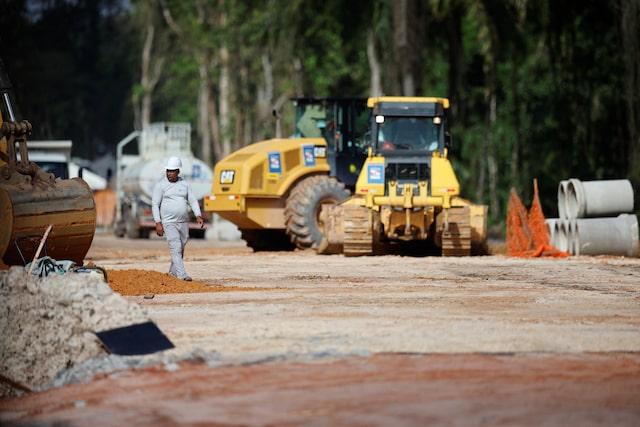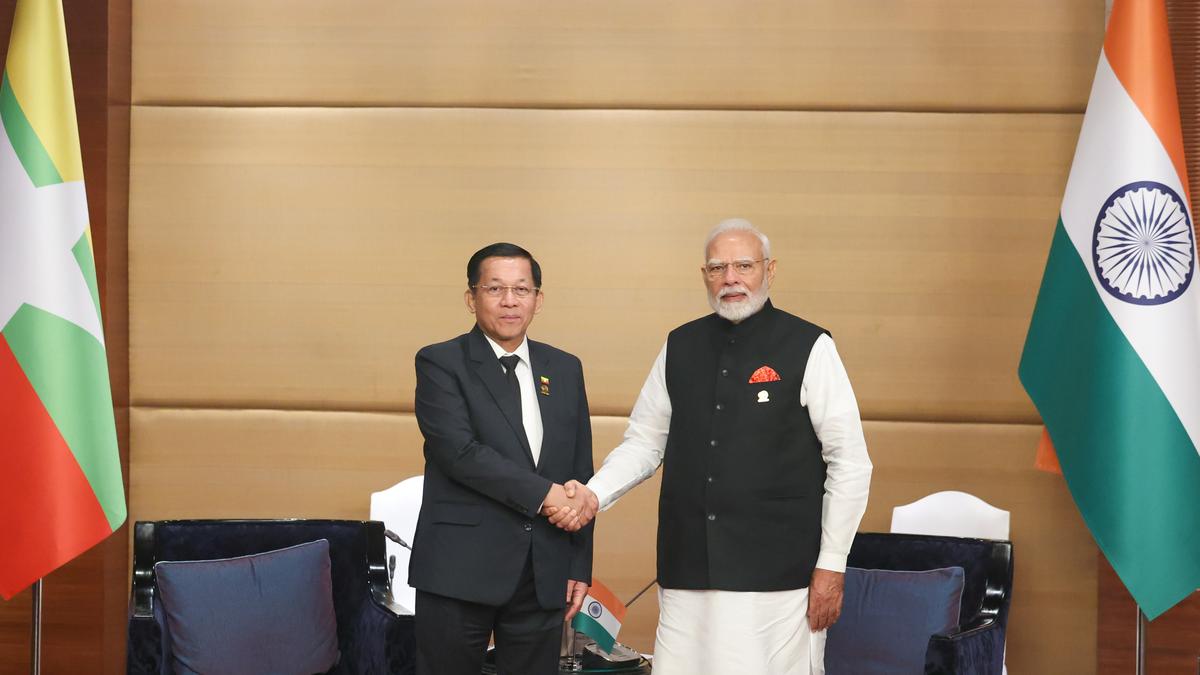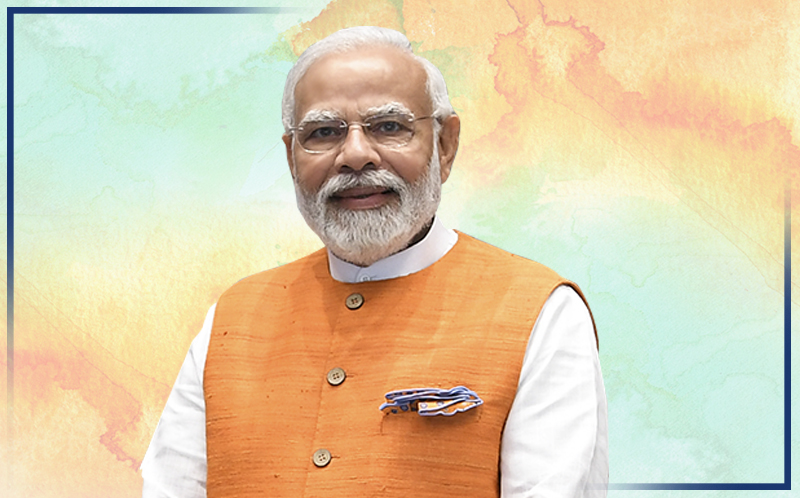A general view shows the Marinha street during preparations for the COP30 Summit in Belem, state of Para, Brazil February 5, 2025. REUTERS
Summary
- EIA says it found widespread corruption in timber supply chain
- Loopholes in deforestation laws allow illegal logging to thrive
- Agency says problematic sites in Para state had concessions renewed
- Para authority says it will punish anyone responsible for irregularities
April 3 (Reuters) – Almost 2,000 container ships carrying illegally harvested timber from the Brazilian Amazonian state that will host this year’s U.N. climate summit has reached Europe and the U.S. in recent years, showed an investigative report by an environmental NGO.
The report, released on Thursday by Lthe ondon-based Environmental Investigation Agency (EIA) featured satellite imagery, records and interviews with industry sources to trace about 53,000 cubic meters of timber to four sites in the state of Para that had been sanctioned, were under embargo or had other irregularities such as illegal gold mining.
Para capital Belem will host the 2025 UN Climate Change Conference – or COP30 – from November 10-21.
“The findings suggest a pervasive culture where corrupt deals and the manipulation of legal frameworks are widespread,” the EIA, founded in 1984, said in the report. Wrongdoing or negligence was detected at nearly every step of the supply chain, from permitting to harvesting to exporting, it said.
Laws in the U.S., Europe and Brazil to stem illegal logging have existed for decades, but the many loopholes that allow the illicit industry to thrive underscores the difficulty of policing a continental forest.
In several cases, the EIA said Para’s environmental regulator SEMAS renewed or failed to remove concessions where infractions had been reported, including one case that was later embargoed by federal environmental regulator Ibama.
In a response to Reuters’ questions, SEMAS said it was “reinforcing its standards and mechanisms” to evaluate forestry management plans and was committed to conserving forest resources, noting it seized over 12,000 cubic meters of illegal timber and embargoed more than 500,000 hectares of land due to mining and deforestation from February 2023 to January 2025.
“The cases mentioned in the report will be analyzed and … if irregularities are found, those responsible will be punished,” SEMAS said.
ENDANGERED SPECIES
The EIA said it linked 19 sawmills, 16 exporters and 30 U.S. and European importers to what it suspected was tainted timber, which included high-value and protected species like ipe and cumaru that are used for luxury decking and furniture but are also on the endangered list of the Convention on International Trade in Endangered Species of Wild Fauna and Flora.
It said companies including U.S.-based Sabra International had previously been flagged as buying illegal timber. Sabra International and several of the importing and exporting companies did not immediately reply to Reuters questions about the allegations.
The EIA also said it found myriad red flags in the timber supply chain. Some sites that claimed to produce timber showed little to no evidence of logging, indicating they were used for laundering wood extracted illegally, the agency said.
Some other sites that supplied exported timber had been previously fined or subjected to an embargo for illegal logging or had been reported for illegal mining, which would require operations to cease under Brazilian law, the report showed.
After harvesting, sourcing documents are easily bought and sold to launder the illegal timber and the EIA said it interviewed several industry sources who claimed to have bribed officials to ease permitting or pass inspections.
One anonymous sawmill representative said documents to launder ipe are obtained easily from other concessions.
“Everyone does it,” one sawmill representative said when it came to buying and selling timber credits.
Reporting by Alexander Villegas; Editing by Christopher Cushing





